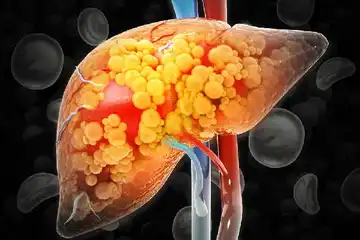More than 600 people have fallen sick and one has died from an unknown illness in Eluru, Andhra Pradesh, between 5 December and 11 December 2020.
The epilepsy-like symptoms—including seizures, seizures with convulsions, loss of consciousness and temporary loss of memory—and the mystery shrouding the cause of this illness have raised alarm.
Teams of experts from the All India Institute of Medical Sciences, the World Health Organization, the Indian Council of Medical Research, the National Institute of Virology, the National Centre for Disease Control, the National Institute of Nutrition, Centre for Cellular & Molecular Biology, and the Indian Institute of Chemical Technology are looking for potential causes of the Eluru sickness.
So far, experts have done lab tests (including blood tests, urinalysis and cerebral spinal fluid tests) and CT scans on patients, checked the local water for contamination and pollutants, checked drinking water and milk samples for the presence of heavy metals like lead, examined the potential effects of chlorine from bleach-based disinfectants and looked at pesticide residue on fruits and vegetables as part of the ongoing investigations to determine the cause of the Eluru sickness.
Though the Eluru illness can happen to people of any age and gender, being a resident of Eluru (all cases have been reported from this area) and being young—most of the patients so far have been children or adults aged 20-30—seem to be the risk factors.
According to experts, the disease doesn't seem to be contagious or chronic in nature.
Based on the experts' early findings and suspicions, here's what we know about the symptoms, possible causes, diagnosis and treatment of the Eluru outbreak.

 Doctors for Eluru outbreak
Doctors for Eluru outbreak 

































